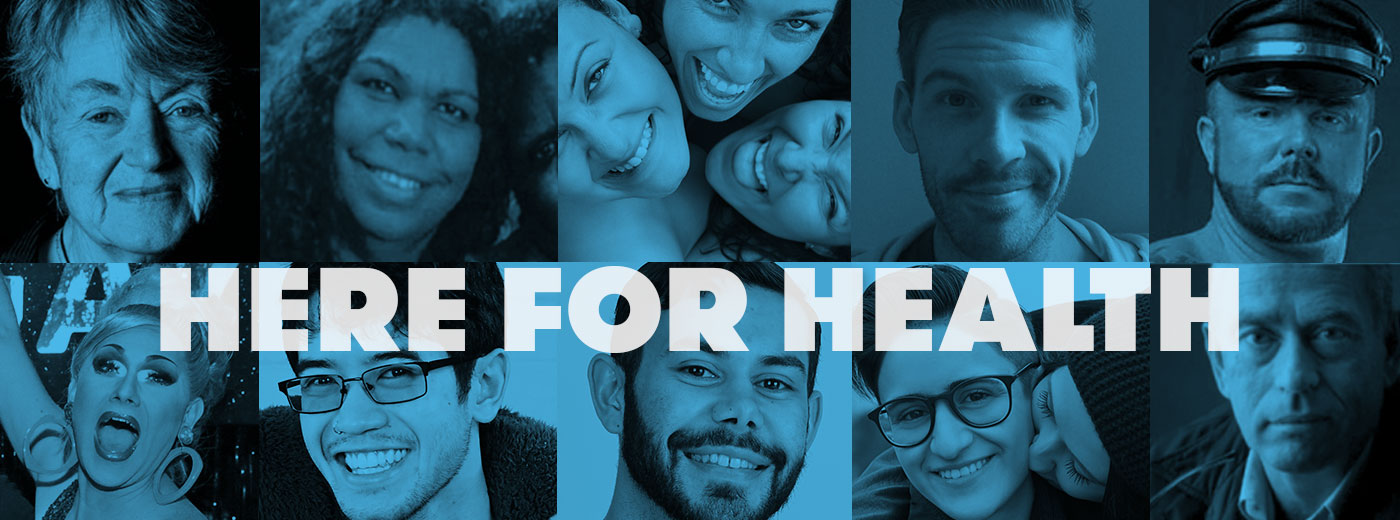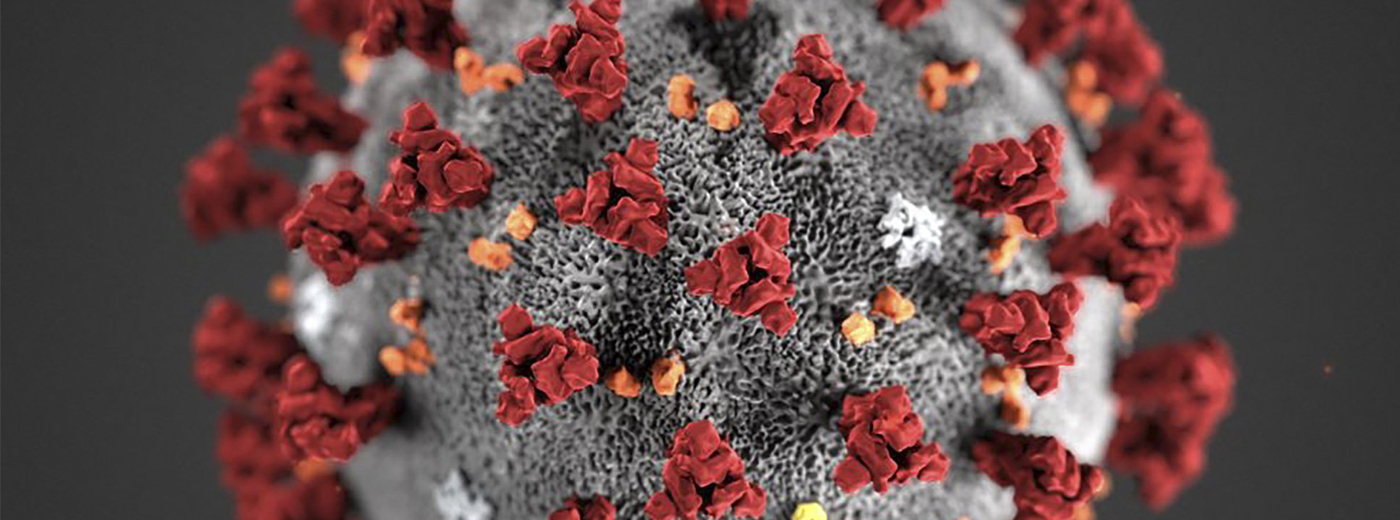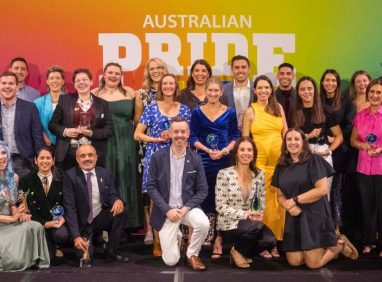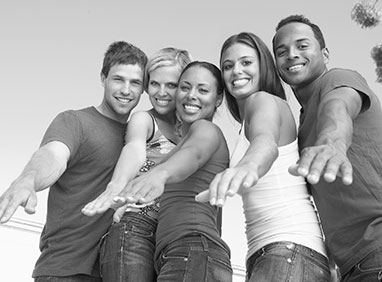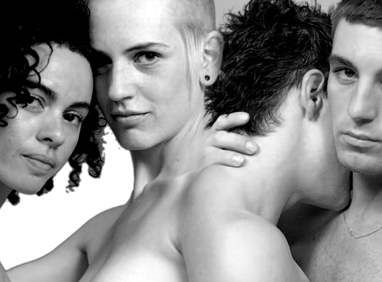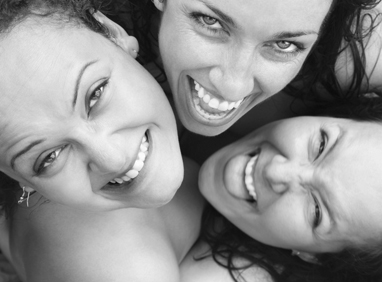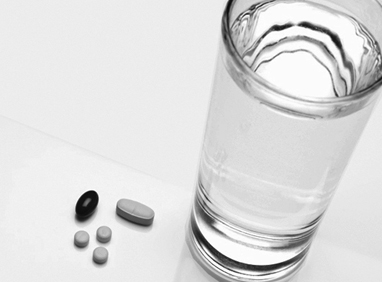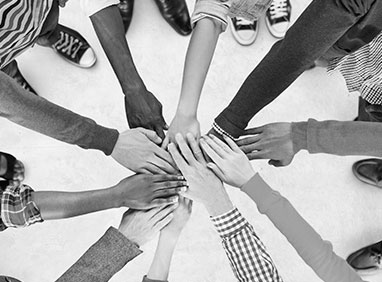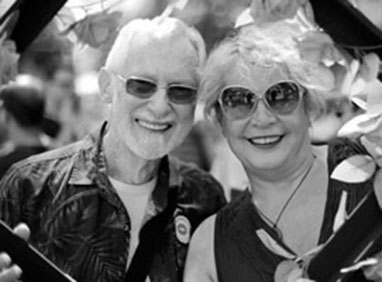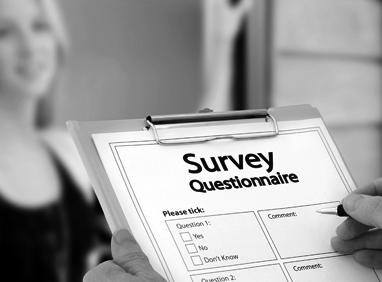General Health
Coronavirus Information for LGBTIQ Communities and People Living With HIV
There is a lot of discussion about the illness COVID-19 and some of it is confusing. The following will answer questions and share tips and referrals for our communities, and has been developed in partnership with AFAO, NAPWHA, and ASHM.
Please note this information is current as of 27 March 2020. As new information becomes available, the following will be updated.
The following can be viewed here.
What is COVID-19?
COVID-19 is a respiratory illness caused by a novel (new) coronavirus. People with COVID-19 may not have symptoms but can still pass the virus on. Symptoms can range from a very mild illness to severe pneumonia. People with COVID-19 may experience fever and flu-like symptoms such as coughing, sore throat, fatigue and shortness of breath. Some people will recover quickly and easily, and others may get very sick very quickly.
How worried should I be?
COVID-19 is a serious health issue but there is no need for panic. Australia has a strong health system and our public health officials are world-class. You can trust their advice. Taking a few simple steps and doing a little planning can help you look after yourself and others.
How to protect yourself
Washing your hands and being careful with coughing and sneezing is the best defence against most coronaviruses:
- Wash your hands frequently with soap and water (try to do this for 20 seconds) or alcohol-based hand sanitiser, before and after eating, after going to the toilet and after coughing or sneezing.
- Avoid touching your face, particularly your nose, mouth and eyes.
- Cover your mouth and nose when coughing and sneezing (or cough and sneeze into the crook of your elbow) and dispose of tissues.
- Social distancing restrictions are now in place. This means you need to avoid contact with others (touching, kissing, hugging and other intimate contact) and check the latest official advice on seeing a doctor or self-quarantining if you are feeling unwell. With social distancing, remember to stay 1.5 metres away from other people. You do not need to wear a face mask unless you develop symptoms of COVID-19.
How is COVID-19 transmitted?
COVID-19 is mainly transmitted through contact with droplets that contain a new coronavirus. This can happen through the air, for example, when someone coughs or sneezes, or through contact with surfaces that have the new coronavirus on them.
It can be helpful to visualise this. If a person has COVID-19, they might touch a surface and leave virus droplets on it. Another person touching that surface may then pick the droplets up on their hands and then touch their mouth, leading to infection.
This is why washing your hands is important, especially after touching surfaces and other people who might have COVID-19. It’s also why it is recommended to avoid touching your face.
Where should I go for up to date information?
The Australian Government is updating its advice on COVID-19 frequently. That advice is based on evidence and the best analysis from our public health officials. You can check out their website, subscribe to their Facebook page or follow them on Twitter.
The Department of Health has a Coronavirus hotline – 1800 020 080. Or you can speak to a nurse about any health issues by calling Health Direct on 1800 022 222. Both these services are free and operate 24/7.
If you or someone you know is travelling overseas or returning home, there is up-to-date advice on COVID-19 on the Australian Government’s Smart Traveller website.
Please be careful with social media, online media and word-of-mouth. There is a lot of anxiety and misinformation at the moment. For those who are particularly worried, this can add to stress. Each of us has a role to play in being accurately informed and pointing our friends to trusted advice.
Who in our communities is at risk?
Our communities are diverse and COVID-19 will affect people differently. Some people will have few symptoms or may even be asymptomatic, some will have more severe symptoms and may need hospitalisation. Whilst we know that the people outlined below are more likely to experience the more severe symptoms – COVID-19 can be very serious for younger people as well. COVID-19 is very easily transmitted from person to person so it is important to be aware that even though you don’t have symptoms, you may be carrying the virus and passing it on to other people.
At present, the data tell us that COVID-19 is more serious for older people and those with a compromised immune system. This includes people with HIV who have a low CD4 count and people who have cardiovascular disease, cancer, chronic respiratory disease, hypertension, asthma and diabetes.
There are concerns for people in residential aged care because they are elderly and can be in poor health and COVID-19 can be transmitted readily in group settings.
Aboriginal and Torres Strait Islander people often experience poorer health outcomes and were more heavily impacted by the 2009 swine flu than other Australians. There are concerns they may be affected in a similar way again.
People with other health conditions may wish to take extra precautions to minimise their chances of getting COVID-19.
Can I go out and socialise with other people?
Restrictions have been placed on events, gatherings and the opening of essential and non-essential services. Advice on these restrictions is changing regularly. It is important to refer directly to the Australian Government Department of Health website for up to date and accurate information on these changes.
Some states and territories have declared a state of emergency and will have specific restrictions in place you need to be aware of. If you do need to go out to access essential services, ensure you are 1.5 metres (two arm-lengths) away from other people, even people you know. It is important to limit touching and shaking hands or hugging and washing your hands with soap and water or alcohol-based hand sanitiser after contact with people or with surfaces.
Strategies are now in place to reduce visits to people most at risk of COVID-19, including Aboriginal and Torres Strait Islander Communities and people in residential aged care settings.
For ongoing and up to date information please refer to the Australian Government Department of Health website here.
Is there any advice for people who smoke?
There are some indications smokers may be more at risk of acquiring COVID-19 and early studies suggest smokers who get COVID-19 are a lot more likely to become ill. If you smoke and are considering stopping, now would be a good time. The stop-smoking website, Quit, offers advice and support for anyone who would like to quit smoking.
How do we look after each other?
People will have different responses and impacts to COVID-19. It is important to keep yourself safe, continue to keep up to date with reliable news and most importantly to get support when needed.
If you are needing further support, whether you’re living with HIV, LGBTIQ, Aboriginal and Torres Strait Islander, from a migrant community, use drugs or are a sex worker, there are organisations that can offer support. You can also make contact with the services listed below:
Q-Life 1800 154 527
Q-Life offers phone and webchat support for LGBTI communities.
Lifeline 13 11 14
Lifeline is a national charity providing all Australians experiencing a personal crisis with access to 24-hour crisis support and suicide prevention services.
A full list of national support services, including those with 24/7 help lines, can be accessed here.
Aboriginal and Torres Strait Islander people can also contact an Aboriginal medical service for additional information and support.
People may be reminded of the early years of the HIV epidemic and discussions about COVID-19 may be upsetting for people who have HIV and their supports. It is good to be mindful of the language that is used when talking to others. It is important that we all stay connected with each other and if you are able to then please make contact with people you may know with HIV in the community. People with HIV can also get support through informal networks such as friends, social media groups such as The Institute of Many (TIM) or through your local HIV or LGBTI organisation.
People who live alone or are socially isolated may need more support in the coming weeks and months. Similarly, people on low incomes, in casual employment or people that have recently become unemployed or otherwise experiencing financial difficulty may be more affected. If you are concerned about how you will support yourself, make contact with a community organisation.
As a community we have a long proud history of supporting each other and staying connected. We will continue to stay connected via the technology that is available such as What’s App, Facetime, Skype and Zoom.
AFAO will continue to provide ongoing support to our communities and will make sure that information on the website is current and accessible.
What does this mean if I’m taking medications?
If you are taking a prescribed medication, don’t alter your routine and keep taking it as prescribed. It’s a good idea to make sure you have at least one month’s supply. This is because you may need to stay at home if you feel unwell. Talk with your doctor if you need extra scripts. For people living with HIV (PLHIV) on treatment, a reduction in the dose of HIV treatment you are prescribed could cause your viral load to become detectable and you could develop drug resistance.
If you are taking PrEP (for HIV prevention) and are concerned about maintaining your three-monthly doctor’s appointments, talk to your doctor for more options.
What about sex?
Given the need for social distancing and avoiding contact with others to prevent transmission of COVID-19, LGBTI and HIV organisations are encouraging their communities not to have casual sex at this time (in line with information that has been provided to the general population).
For more information about this, and alternative suggestions for sexual connections, Thorne Harbour Health have more information on their website here and created a handy info sheet, and ACON have developed this resource and video.
If I’m on PrEP, should I continue taking it?
Some people have asked if they can stop taking PrEP if they are no longer having sex as part of social distancing measures and avoiding contact with others. Many people will prefer to continue taking their PrEP as before to keep their routine and to ensure they maintain their level of protection.
Or some people may choose to change from taking PrEP daily to taking it on-demand.
If you are considering stopping taking PrEP for any reason, make sure you do this safely. This means that if you are a cisgender man who has sex with men, to make sure you take one pill a day for two consecutive days (24 and 48 hours) after a possible HIV risk exposure, so you are essentially finishing with taking PrEP after two sex-free days. For any other populations, you need to continue taking PrEP daily for 28 days after your last possible HIV risk exposure.
If you had any HIV risks while you weren’t on PrEP you will need a repeat HIV test before you recommence PrEP.
When you are ready to restart PrEP, if you are a cisgender man who has sex with men, you can start with a single dose of two PrEP pills to achieve highly protective levels of PrEP, whether you are commencing daily PrEP or on-demand PrEP. If you will be taking PrEP daily and don’t start with this single dose of two pills, you will need to take one pill a day for seven days to achieve the levels of PrEP to give full protection. For all other populations, this one pill a day for seven days is required to achieve full protection and you then need to continue to take PrEP daily.
For more information about both daily and on-demand PrEP, including stopping and restarting PrEP, you can visit the Get PrEP’D website, here (this is a website for gay and other men who have sex with men, but the information on this page is suitable for all populations).
It’s a good idea to discuss any changes with how you’re planning to take prescription medicines with your doctor first, and to speak to your doctor about getting tested as part of recommencing PrEP.
Is there a risk pharmacies will run out of medications?
Australia imports many medicines from India and China. As COVID-19 evolves there is a risk the supply of generic medicines in China is interrupted.
People with HIV should consider having an extra months’ supply of HIV medication to accommodate a need to self-isolate, or delays in supply. This is also the case for people with other health conditions. The Therapeutic Goods Administration, the government body responsible for approving medicines in Australia, is working to ensure Australia’s medicine supply.
There is no need to stockpile over the counter medication such as paracetamol or Ibuprofen. Only buy what you need.
I am taking anti-viral medications – will they protect me from COVID-19?
Researchers are working to find an effective treatment or vaccine for COVID-19. There have been reports of a few HIV drugs being trialled as treatment for COVID-19. There is no reliably confirmed evidence at this stage that any HIV drugs are effective in treating COVID-19. Being on anti-viral medication for HIV (including PrEP), hepatitis C or hepatitis B, has not be shown to provide protection from COVID-19.
What if I’m caring for someone who has a compromised immune system?
If you don’t have symptoms of COVID-19 but are still concerned about possibly transmitting COVID-19 to someone you care for, the precautions above will help.
If you’re providing care for someone, it’s important to take extra care with handwashing and infection precautions. If you have any symptoms, it is important to avoid contact with others while you are unwell.
For ongoing and up to date information please refer to the Australian Government Department of Health website.
Should I get the flu vaccine?
It’s a very good idea to get the influenza (flu) vaccine. This is even more the case as the number of people with COVID-19 grows. It will become available in Australia in April. Although the influenza virus and COVID-19 are very different from each other they can cause a similar illness, and it is good to avoid having both viruses together, or one after the other. The flu vaccine provides good protection against influenza and is recommended each year for all people living with HIV. For more information about the Australian flu immunisation service click here.
Should I stock up on groceries and household items?
If there is a large increase in the number of people with COVID-19 in the community, it will make sense to limit time in public areas such as shops. You will also need to stay at home if you develop symptoms. To prepare for this it is sensible to consider having more non-perishable food and supplies at home than usual. The current guidance is to have around two weeks’ supply of basic food and household goods if possible.
It’s important not to panic buy. Consider what you would really need if you had to stay home for two weeks and think about buying a few extra things over a number of visits to the shops.
This will be more difficult for people on low incomes. If you are concerned about your current employment, talk with your employer, workplace health and safety representative or union. If you are no longer working due to the imposed lockdown, you may be eligible for support through Centrelink. If you receive NDIS, Aged Care Services or Centrelink payments, you can contact your provider for support.
If I get infected with COVID-19, can I get it again?
At the moment it isn’t known whether people may be reinfected with COVID-19. There have been some newspaper reports of a very small number of people being reinfected, but these reports haven’t yet been confirmed. It seems likely that most people who get COVID-19 will be immune from reinfection for some time.
Women’s Health
Labrys Project
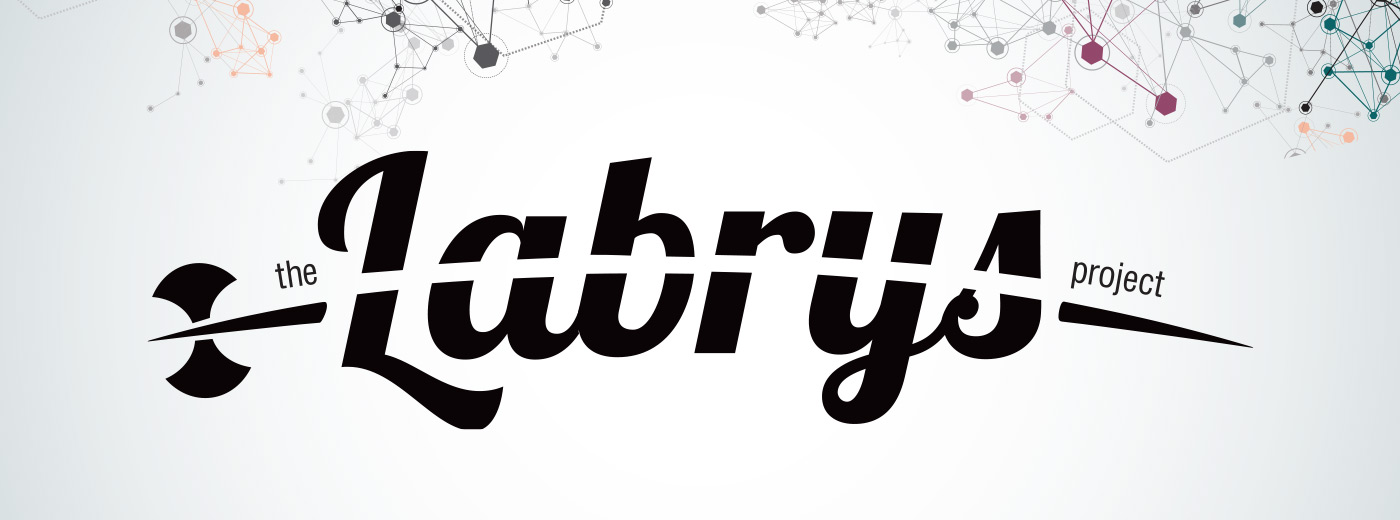
Promoting the health and wellbeing of lesbian, bisexual, queer and same sex attracted women living in the Illawarra and Shoalhaven.
The labrys is a double-headed axe, which became a symbol of strength and self-sufficiency for the lesbian and feminist movements in the 1970’s. The labrys continues to represent the pride and strength of our communities today.
In 2014 and 2015, ACON and the Illawarra Shoalhaven Local Health District partnered to establish the Labrys Project.
The project conducted a community based survey, a series of focus groups, delivered mental health first aid training and developed a resource to explore issues affecting the lives of lesbian, bisexual, queer (LBQ) and same sex attracted women living in the Illawarra and Shoalhaven.
LBQ and same sex attracted women can face a range of factors that impact their health and wellbeing in unique ways.
Check out the research report here and access the ‘As Women We Can’ resource here
